Eating enough to gain muscle mass is a problem for many people. While some simply can’t work up their appetite, others do not know the right foods to eat. If you belong to the latter group, you shouldn’t look any further. We have curated a list of the healthiest, best bulking foods. Let’s show you.
What is the difference between bulking and cutting?

Bulking and cutting are two dieting phases in bodybuilding and fitness aimed at achieving different goals.
Bulking involves eating in a calorie surplus (more calories than you burn) to gain muscle mass. During bulking, the goal is to build lean mass, but some fat gain may occur alongside muscle growth.
Cutting, on the other hand, focuses on reducing body fat while preserving as much muscle as possible. It involves a calorie deficit (eating fewer calories than you burn), and when done right, it produces a leaner physique.
Many people who are trying to build muscle periodically go through bulking and cutting phases. They eat in a calorie surplus for many months, hoping to build some muscle. Then, after some time, they go into a fat loss phase so that they can see their muscles better, gauge how much muscle they’ve built over time, and note the parts of their physique that need improvement.
How many calories should you eat while bulking?
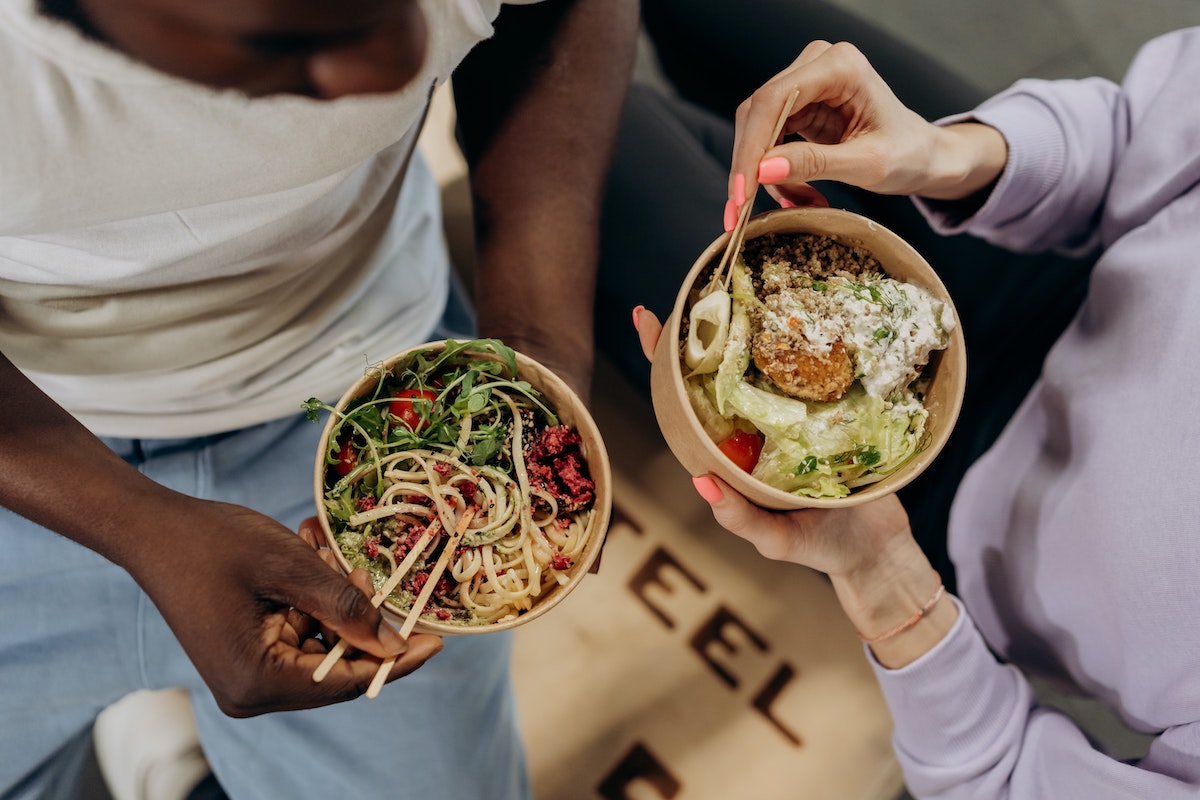
The number of calories you should eat while bulking depends on several factors, including age, activity level, and metabolism. However, a general recommendation is to eat 300 to 500 calories above your maintenance level (the amount of calories needed to maintain your current weight).
To determine your maintenance calories, use an online calculator. You’ll be asked to input some information such as age, activity level, weight, and height. Based on this, the calculator will estimate how many calories you need to maintain your current weight. When you have this number, just add 300 to 500, and you now know how many calories you need to start a bulk.
What is the best macronutrient ratio for bulking?
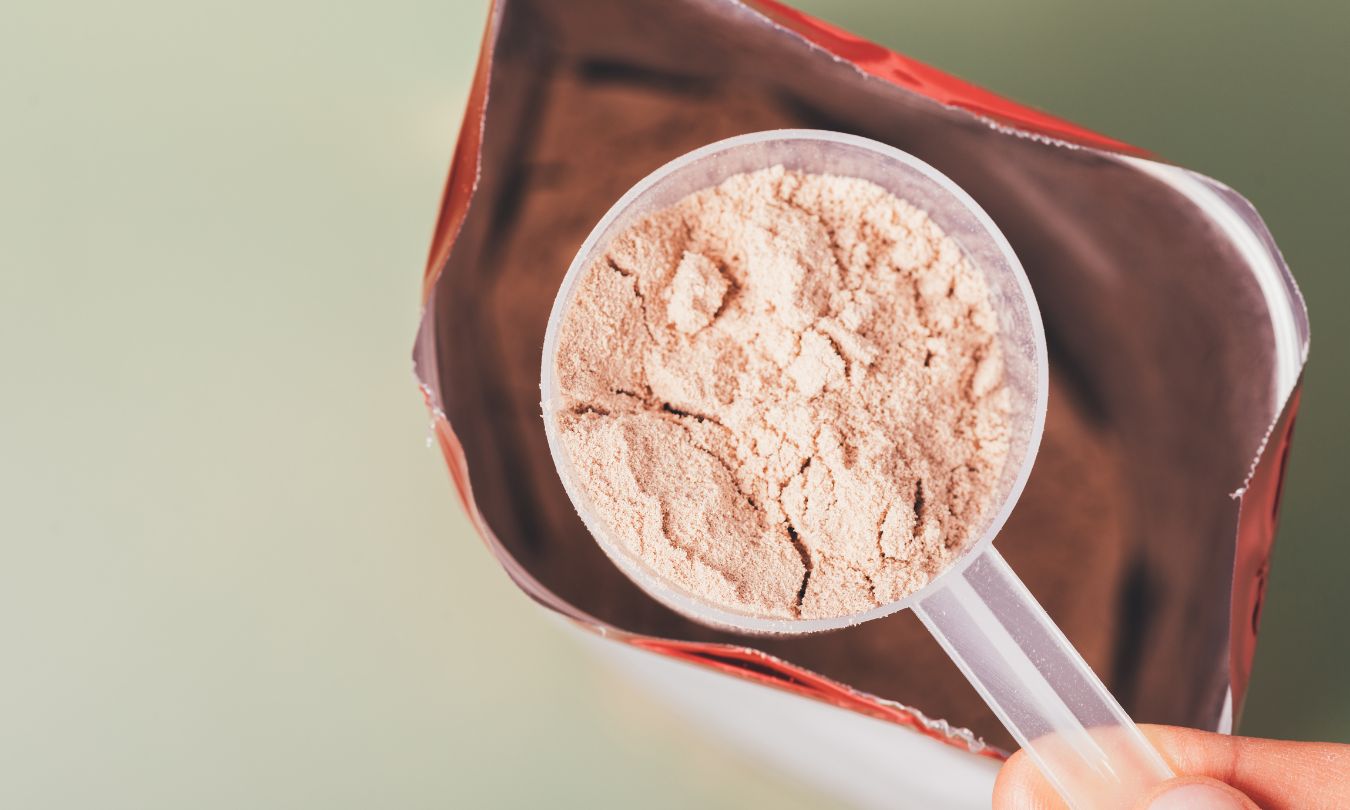
Most fitness authorities and research papers agree that carbohydrates should be the majority of your macronutrient composition during a bulk. A ratio of 55 – 60% carbohydrates, 25 – 30% protein, and 15 – 20% fat is ideal for a weight gain phase.
The International Sports Sciences Association suggests eating 1.2 to 2 grams of protein per kilogram of body weight. Protein is the most important macronutrient for muscle gain, and if you make it 25 to 30% of your entire diet, you’ll likely eat enough to sustain your bulking goals.
Another consideration to note is that fats are the macronutrient with the most calories. So, if eating more food is difficult for you, you could incorporate more healthy fats into your diet. One gram of fat has nine calories, unlike protein and carbs, which have only four calories per gram.
Best carbohydrate sources for bulking
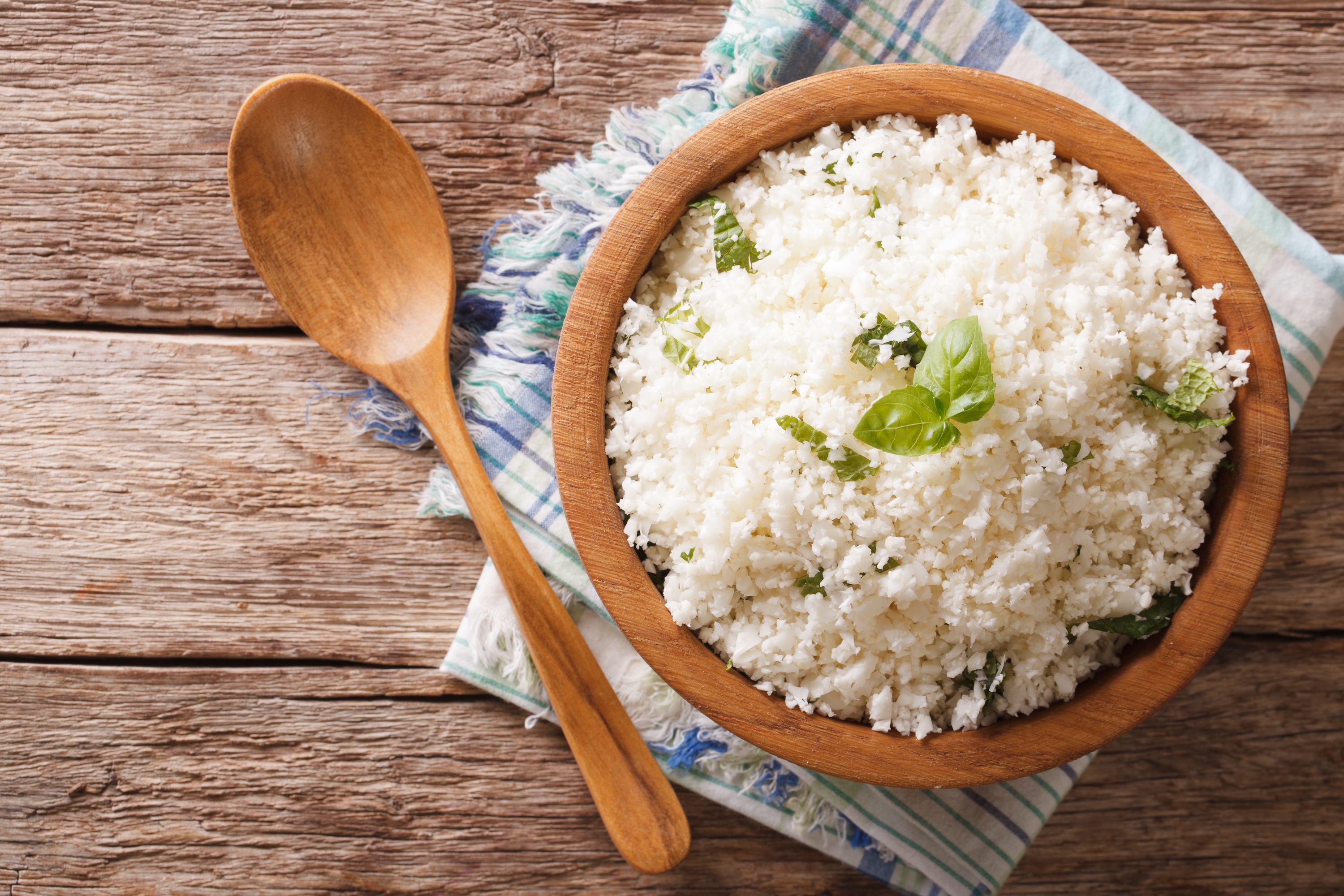
- Oats: Rich in complex carbs and fiber, oats provide slow-digesting energy to fuel workouts and aid in muscle recovery.
- Sweet Potatoes: Sweet potatoes are a nutrient-dense carb source packed with vitamins and minerals and very low on the glycemic index.
- Brown Rice: Whole grain rice is a great source of carbohydrates for prolonged energy, making it ideal for heavy training days.
- Quinoa: This seed is high in carbs and protein, providing a dual benefit for muscle repair and energy replenishment.
- Whole Wheat Pasta: This pasta is a high-carb filling option that can be paired with protein-rich foods to support muscle growth.
Best protein sources for bulking
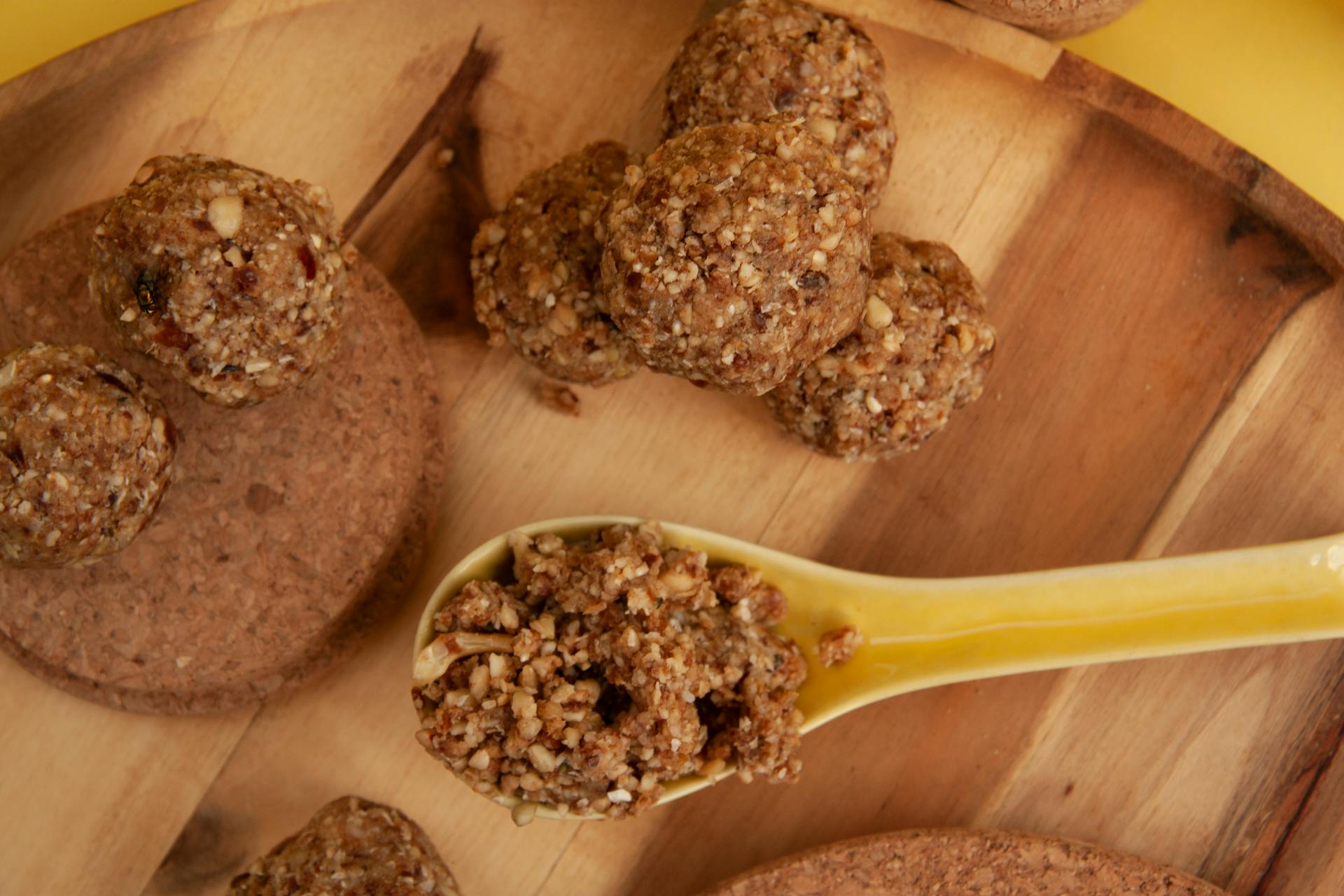
- Chicken Breast: One of the most commonly consumed fitness foods, chicken is a lean source of protein that aids muscle recovery and growth.
- Eggs: Packed with high-quality protein and healthy fats, eggs are perfect for bulking due to their complete amino acid profile.
- Greek Yogurt: High in protein and beneficial probiotics, it supports digestion while promoting muscle gain.
- Salmon: A rich source of protein and omega-3 fatty acids, salmon supports muscle repair and overall health.
- Lean Beef: Beef contains high amounts of protein, creatine, and iron, all of which are crucial for building strength and muscle mass.
Best fat sources for bulking

- Avocados: High in heart-healthy fats and loaded with vitamins, avocados are a great addition to any bulking diet.
- Nuts and Seeds: Various nuts and seeds are calorie-dense sources of fats and protein that promote muscle gain without excess bulk.
- Olive Oil: Olive oil provides healthy fats that support hormone production and overall health during bulking.
- Peanut Butter: Rich in fats and protein, peanut butter helps you meet your calorie needs with low effort.
- Coconut Oil: This oil is a source of medium-chain triglycerides, which are fats that are easily converted into energy for workouts.
Best micronutrient sources for bulking
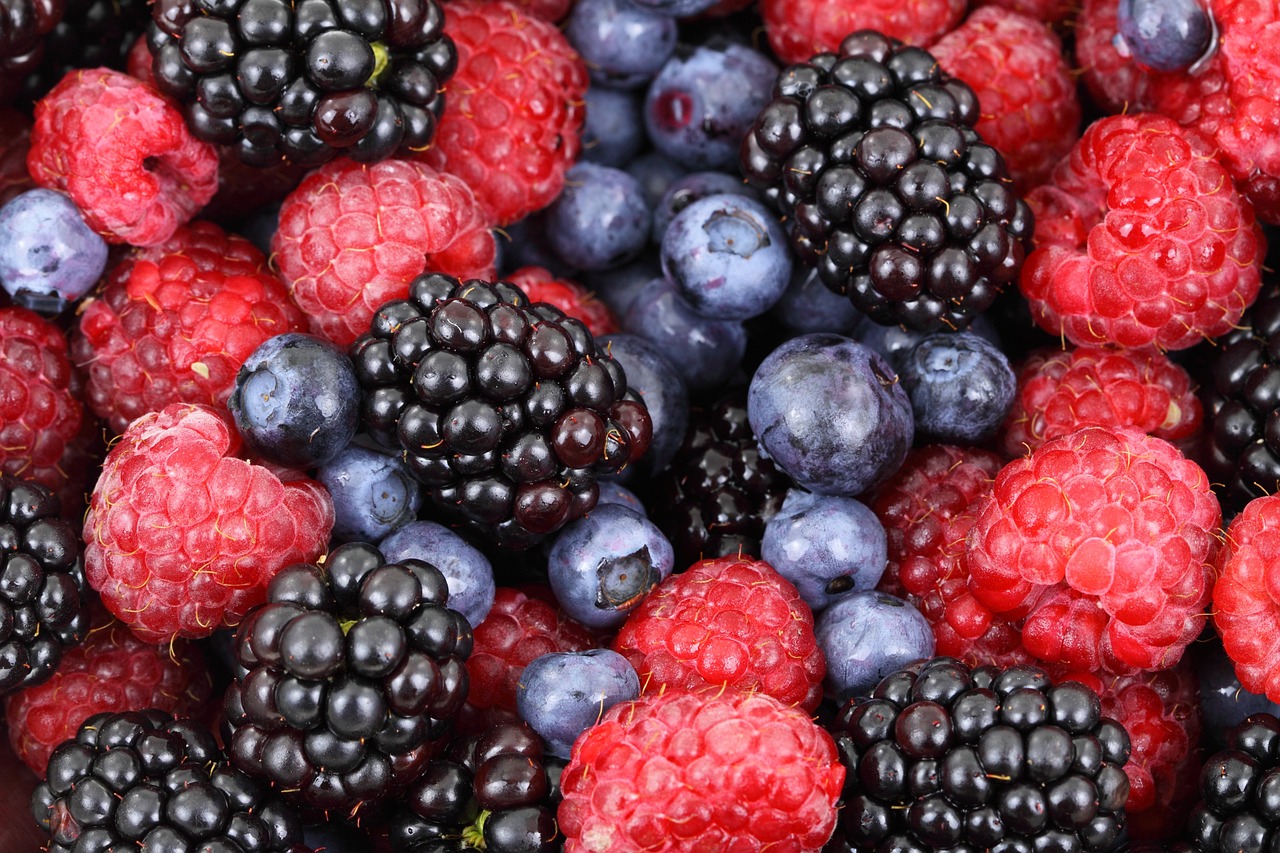
- Spinach: This leafy green is high in iron and calcium, which support muscle function and recovery.
- Broccoli: Rich in vitamins C and K, broccoli supports immune health and recovery from intense workouts.
- Bananas: A great source of potassium, bananas help prevent muscle cramps and aid in recovery.
- Berries: Packed with antioxidants, berries help reduce inflammation and support recovery.
- Almonds: Almonds are high in vitamin E, which supports skin health and acts as an antioxidant during periods of muscle growth.
Frequently asked questions

What is the difference between clean and dirty bulking?
Clean bulking involves eating nutrient-dense, whole foods in a calorie surplus, while dirty bulking allows for processed, high-calorie foods. Clean bulking is healthier and helps reduce fat gain, while dirty bulking may lead to unwanted fat accumulation.
Should you take supplements to bulk?
Supplements like protein powder, creatine, and BCAAs can help meet your macronutrient goals, but they should complement a well-rounded diet, not replace whole foods.
Are there side effects of bulking?
Potential side effects include fat gain, digestive issues, and bloating if excessive calories or unhealthy foods are consumed. Proper planning and balance can minimize these effects.




